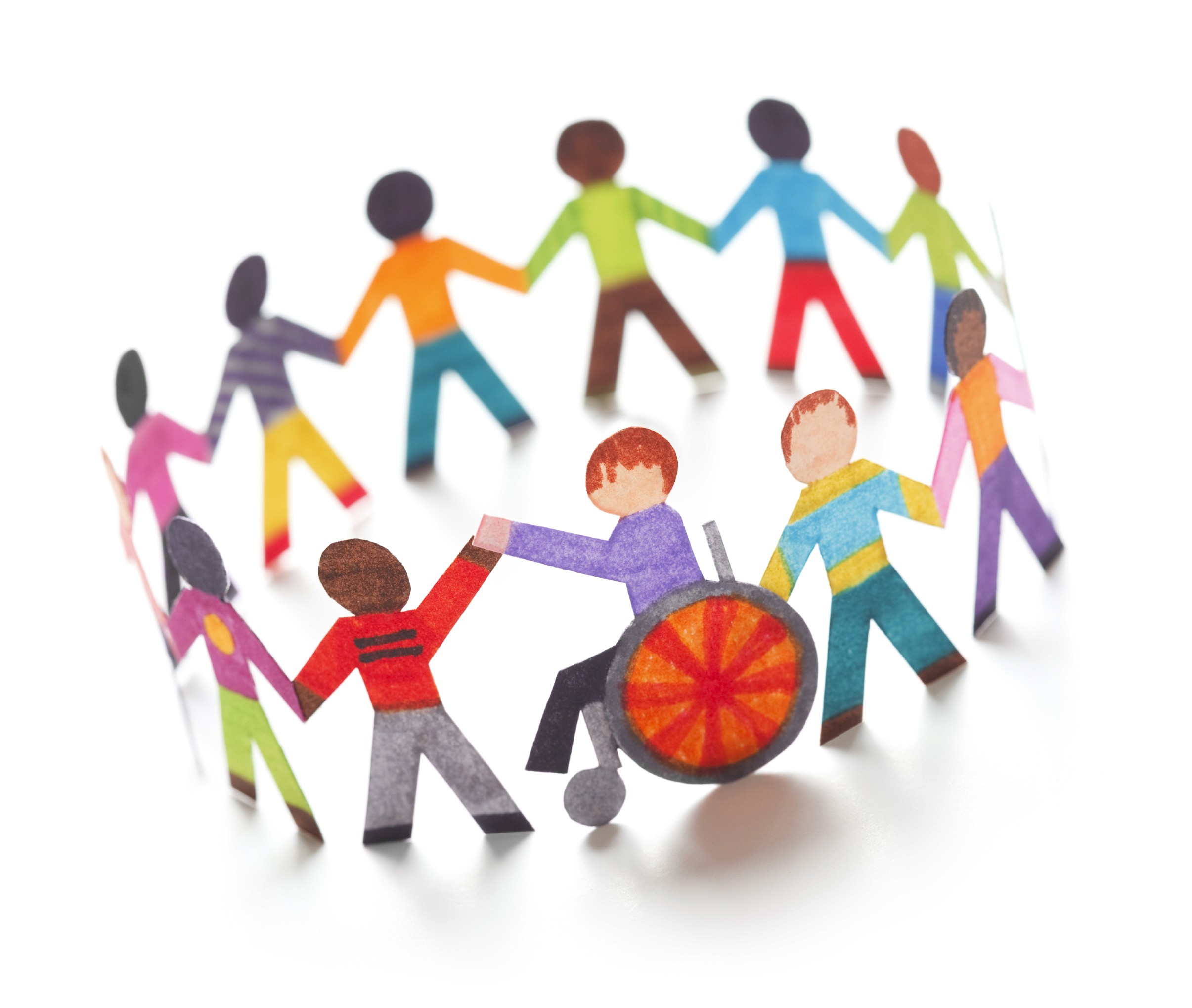Should we move away from the term "Special Needs"?
Gem Turner
|
Oct 26, 2022
Last month, Sociability posted on Instagram this very question. In the UK, the term ‘Special Needs’ (SEND - Special Educational Needs and Disabilities) is ingrained in our education and culture to describe someone with any kind of disability or a need for extra support. This could be for a range of reasons whether that’s anyone who has been diagnosed as disabled (in/formally or medically). It can also be anyone who has been suggested to require “extra” assistance. But is this term outdated now? That’s what we posed to our followers… What does having "Special Needs" actually mean? When you’re disabled there are lots of ways to receive support.
The UK government define SEND by a child's’ ability to learn impacting behaviour or ability to socialise, for example they struggle to make friends, reading and writing (for example because they have dyslexia), ability to understand things, concentration levels (for example because they have ADHD), physical ability, etc.
(taken from https://www.gov.uk/children-with-special-educational-needs)
It’s usual that you’re required to provide more information or apply using a lengthy traditional process just to access what everyone else is accessing. This can be for a number of areas such as housing, care, financial support, and specifically in this blog post - education. If you’re identified as having special needs you may be require to build a care plan outlining your disability and what support you require (of course created by the parent, guardian and teachers). Within education, this support outlined could include having carers, extra time for exams, altered break times or aids within the classroom.
What did our followers say?
But, is needing adjustments really that special? We all need adjustments in life, disabled or not. We wanted to find out what our followers thought too and it largely seems to be a similar opinion. Here’s what some people said about the term:
“"Special Needs" is just so bothering. It adds to the idea that disabled peoples needs are extra or more effort, which leads to even more stigma. I hate, hate, hate it. Our needs aren't special they are just needs! Every person has different unique needs.”
“I hate, hate, hate "Special Needs" as a term. There’s nothing "special" about them; they’re just additional/different to the needs someone who doesn’t have a disability has. It’s very bothering to point them out as "special". Also if you grew up in the 80s/90s with a disability like I did it got bandied around as an insult frequently (a lot of things did). It’s interesting that we use "reasonable adjustments" in a work setting but not in an educational setting.”
“I prefer additional needs to special needs in schools, however, inclusion in practice should be enough to support each and every pupil.”
Reflecting on the comments from Sociability followers, it seems that the term "Special Needs" although used a lot - isn’t a term that is favoured. It was suggested that we should in fact shift to normalising needing support - whatever that may be or look like. The way that SEND is formally described very much focuses on the child - but what about if we focused on the barriers of the environment instead and made them more inclusive?
So what can we say instead we hear you ask!?
Well, here are some suggestions from the comments in our post:
“Really interesting to read all these thoughts. I’m a teacher at a mainstream school, and the SEN department there is called the Access and Inclusion faculty, which I think works really well as they support children who have a range of access needs- disability, language barriers and social issues.”
“I changed SEN in my school to Inclusion and Additional Support - it's not quite right but it feels better than SEN' In Scotland we use ASN - Additional Support Needs.”
So there we go, we know that language is a tricky topic and not everyone agrees. It seems that this phrase is something we hear a lot and is just starting to be questioned. If you work in education, do you hear this comment a lot? Is it something you think we should reconsider?
If you’d like to find out more about Sociability follow us on Instagram/Facebook/Twitter or LinkedIn!



